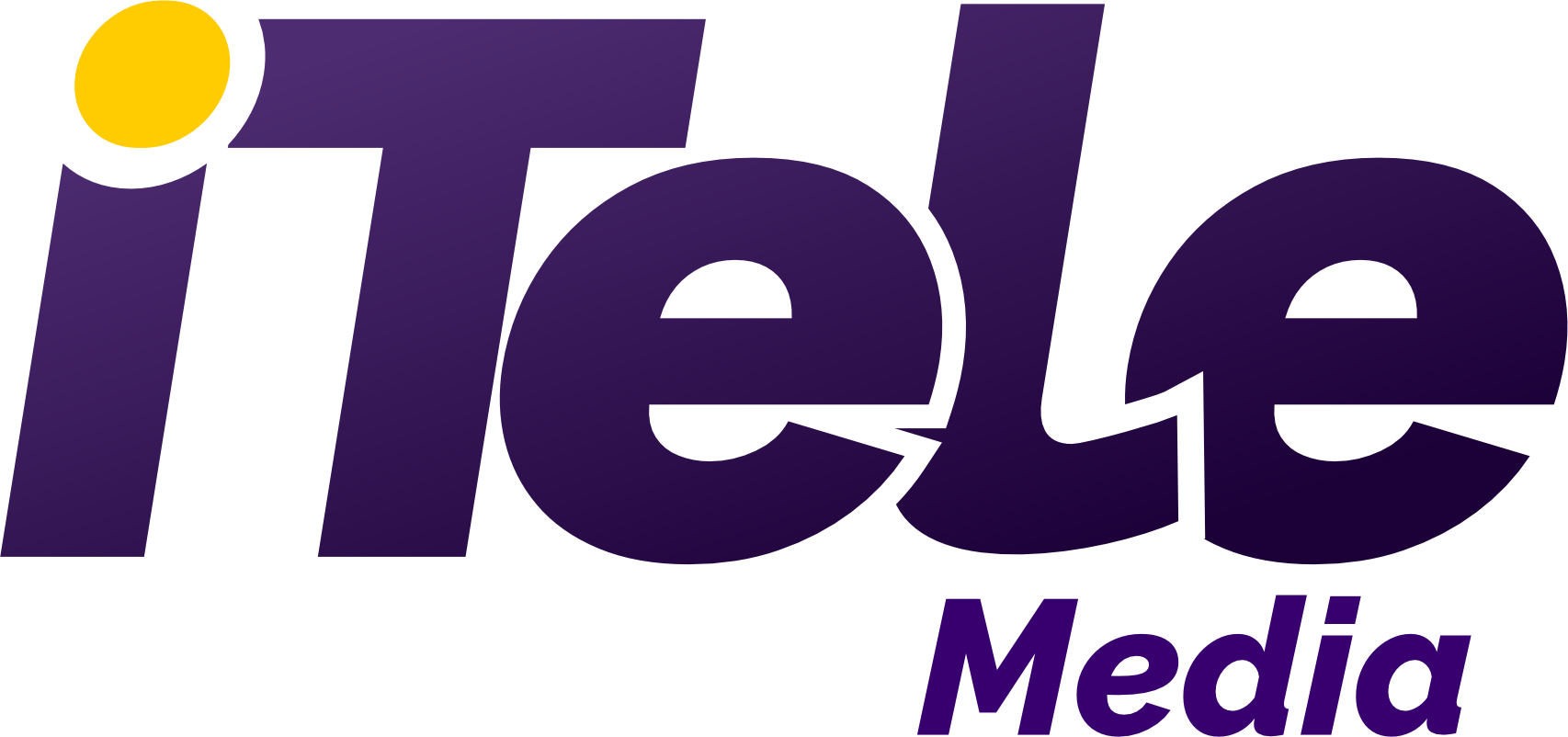Imagine this: you’ve spent months building trust with your audience—sharing honest reviews, creating relatable content, and curating a community that values your voice. Now, with a single undisclosed affiliate link, that trust could vanish overnight. Worse, you could face fines up to ₦10 million or even three years in prison.
Nigeria’s Advertising Regulatory Council (ARCON) and the Securities and Exchange Commission (SEC) are cracking down on influencer marketing to protect consumers from misleading promotions. Starting June 2025, new laws mandate strict transparency for paid partnerships, especially in high-risk sectors like crypto and finance. For creators, this isn’t just about compliance—it’s about safeguarding your reputation and income in a rapidly evolving digital economy.
What Is the New Affiliate Disclosure Law?
Let’s break it down: The law requires influencers to clearly disclose any financial ties to brands they promote. Whether you’re posting a TikTok review, a blog tutorial, or a YouTube haul, your audience must know you’re earning commissions.
Key Details:
Regulatory Bodies: ARCON oversees general advertising, while the SEC targets crypto/financial promotions.
Scope: Applies to all digital content—social media, blogs, videos, and even USSD campaigns.
Effective Date: Enforcement begins June 30, 2025.
Who’s Affected?
Influencers: Even nano-creators promoting products like Jumia gadgets or Bet9ja betting links.
Brands: Companies partnering with influencers must ensure compliance or face shared liability.
Example: If you’re promoting a crypto platform, the SEC now requires written approval of your contract and explicit disclaimers like “Paid partnership with [Brand]” in simple language—no jargon allowed.
Legal Requirements for Disclosures
Let’s cut through the noise: Compliance isn’t about legalese—it’s about clarity. Your audience deserves to know when you’re earning from their clicks. Here’s exactly how to stay on ARCON’s good side:
1. Use Plain Language
✅ Do: “This post is sponsored by [Brand]” or “I earn commissions if you buy through this link.”
❌ Don’t: Hide behind vague terms like “Collab” or “Special thanks to…”
2. Prioritize Visibility
Instagram/TikTok: Disclosures before the “See More” fold. No burying in hashtags!
YouTube: Verbal disclaimers in the first 30 seconds and in the video description.
Blogs: Place disclosures near the top, not lost in a 1,000-word intro.
Pro Tip: For crypto promotions, the SEC mandates written approval of your script before posting. Skipping this step? That’s a fast track to fines.
“Na paid promo for [Brand] o! If you buy, I go get small change.”
Penalties for Non-Compliance
Let’s talk real talk: Ignoring these rules isn’t just risky—it could end your career.
What’s at Stake?
Fines: Up to ₦10 million per violation (yes, per post).
Legal Action: The SEC can pursue criminal charges for misleading crypto/financial promotions.
Platform Bans: Instagram and TikTok may deactivate accounts for repeat offenses.
Brand Blacklisting: Companies like Binance or Jumia will drop non-compliant creators.
Your Survival Move: Audit old posts now. Use tools like [Hootsuite] or [Canva’s Disclaimer Generator] to update disclosures fast.
Frequently Asked Questions (FAQ)
Let’s tackle your biggest worries head-on:
Step-by-Step Guide to Compliance
No fluff. Let’s fix this in 4 steps:
1. Audit Your Content (Today!)
Use Instagram’s “Archive” feature to hide non-compliant posts temporarily.
Scan blogs with free tools like Grammarly’s plagiarism checker (set to flag “affiliate” keywords).
2. Update Future Posts
Create a disclosure template: “🚨 FYI: I earn from this link. Thanks for supporting my hustle!”
For crypto/finance: Tag @SECNigeria in your caption after getting script approval.
3. Automate Disclosures
Use Linktree: Add a permanent disclaimer to your bio (e.g., “Naija Creator | All links are affiliate-supported”).
Try Canva’s Story Templates: Pre-made IG Stories with built-in disclaimer stickers.
4. Document EVERYTHING
Save brand contracts, SEC approvals, and tax receipts in Google Drive.
Screenshot posts after publishing—timestamps are your legal armor.
Your Mantra: “Disclose first, hustle always.”
Ruth Aafa
AuthorAuthor bio not available






